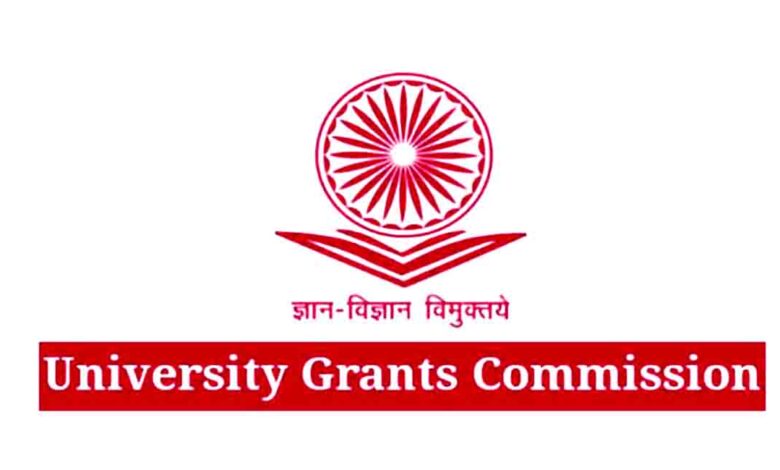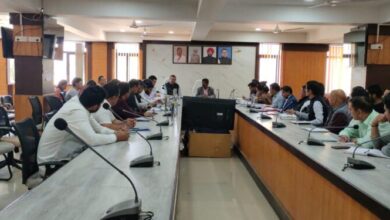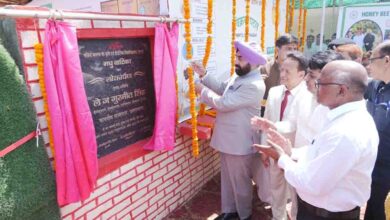
MANSI BHAMBRI | DEHRADUN
The recent decision by the University Grants Commission (UGC), which allows undergraduate students to choose between an Accelerated Degree Programme (ADP) and an Extended Degree Programme (EDP), is quite challenging for both educators and students, academics said. The ADP permits students to complete a three or four-year degree in a shorter time frame by earning additional credits each semester, whereas the EDP provides a longer timeline with a reduced number of credits required per semester. In this context, academics have noted that the UGC’s new policy concerning degree programmes may have implications regarding the quality of education as well as future employment opportunities.
Talking to The Pioneer, professor at the government PG College, Uttarkashi, Madhu Thapliyal said that while the recent decision by the UGC is not entirely misguided, it may not be appropriate at this time due to the prevailing uncertainties within the education system, which encompass aspects such as lack of faculty numbers, class availability and infrastructure. She said that the National Education Policy (NEP) 2020 has indeed posed challenges for university professors to navigate. The UGC’s latest decision regarding the degrees may further complicate matters. The successful implementation of the EDP and ADP degrees will yield positive outcomes only if the relevant officials focus on the foundational aspects in the initial phase, including enhancing faculty numbers, improving infrastructure and addressing other critical needs. Further, she emphasised that in Uttarakhand, the UGC’s new decision presents even greater challenges, as the State comprises both plains and mountains, and many children here remain unaware of various modern developments. Consequently, adapting to this new implementation of EDP and ADP degrees could prove to be quite difficult. She further said, considering this, in order to introduce the EDP and ADP degree programmes, the officials involved must prioritise essential facilities to ensure effective outcomes.
The dean of the School of Mass Communication at IMS Unison University, Neeraj Khatri indicated that the recent decision to implement flexibility in EDP and ADP for undergraduate students could pose significant challenges for both educators and students. He expressed concerns that this change might undermine the quality of education provided to students. Teachers may struggle to cover the syllabus efficiently under the new ADP framework, which could hinder their ability to deliver a high standard of education in specific subjects. Additionally, this situation may prevent faculty members from adequately addressing their other teaching responsibilities, particularly in multidisciplinary courses. Consequently, as the quality of education diminishes, the prospects for students during employability may also decline. He further emphasised that teacher mentoring under the new decision is vital, as educators will guide students in selecting the appropriate degree paths based on their individual capabilities. He expressed his belief that, while this new decision presents challenges, it should not be made mandatory, as it will also pose difficulties for university management in addition to the students.






